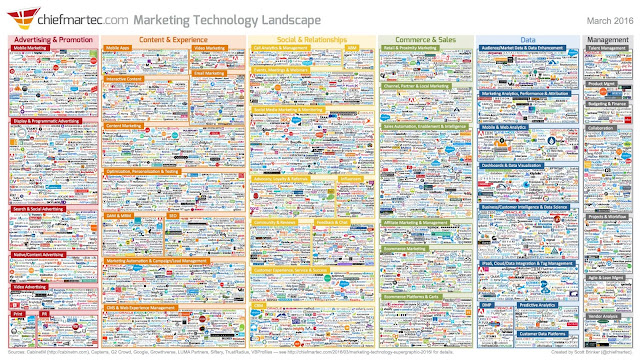Data Visualizaton Tool of the Day-Raw
Today's data visualization tool is Raw. An interesting choice of names for a not so raw experience designing easy to make, sophisticated-looking graphs. 4. Raw Pitch: Raw is an open-source visualization 'framework' designed to make visualizing complex data easy and accessible for all. Review: Useful for smaller, complex, but definitely not big data sets as the content must all be copied and pasted into the platform's excel-style interface. That said, it caters to the less tech-savvy visualization geeks offering an easy drag and drop interface to produce beautiful 3D.js-based graphics.
